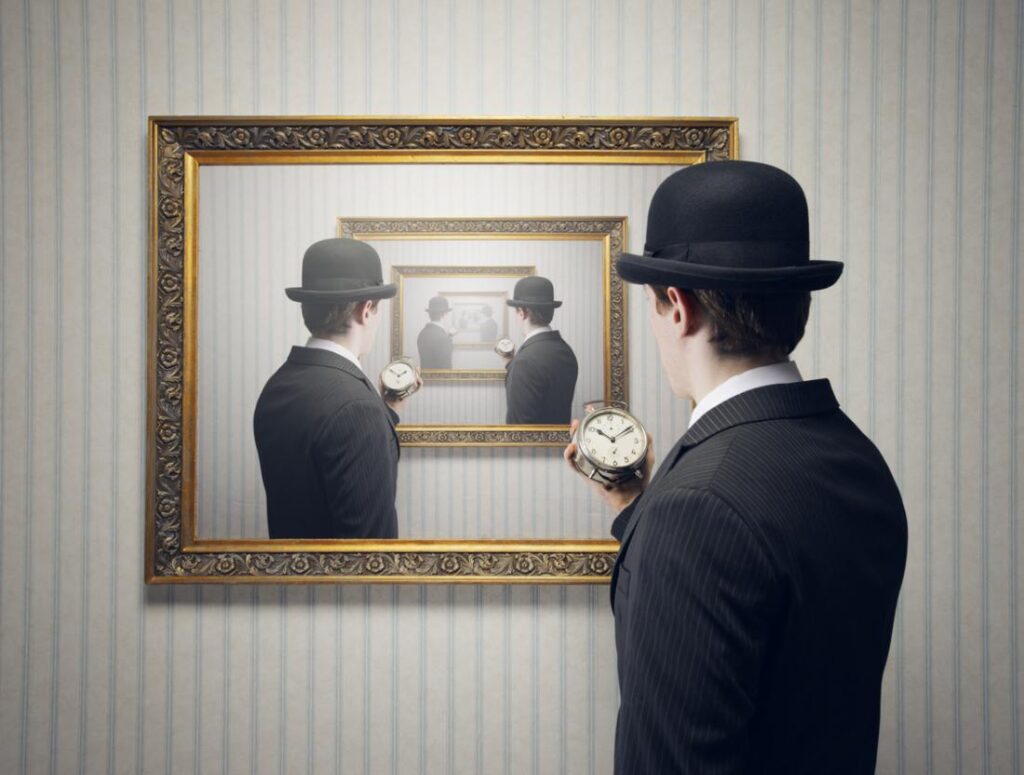- Web
- Feb 15, 2026
Mystery of Déjà Vu: unraveling the familiar yet unseen
-

- Hum News
- Nov 05, 2023

WEB DESK: Have you ever felt like a new situation is strangely familiar, as if it’s already happened before? The mysterious feeling is known as déjà vu. But what exactly is it, and why does it occur?
Let us delve into the intriguing phenomenon with insights from clinical psychologist Dr Sanam Hafeez, as reported by Fox News.
What is Déjà Vu?
Déjà vu, a French term meaning “already seen,” refers to the eerie sensation of experiencing a new situation as if it’s a familiar event from the past.
Dr Sanam Hafeez, a licensed clinical psychologist, describes it as a powerful wave of familiarity with the present moment, almost like reliving a previous experience.
The causes of Déjà Vu
Although the exact cause of déjà vu remains somewhat mysterious, several theories attempt to explain it. It may be related to how the brain processes memories, possibly involving memory retrieval delays or errors.
Some theories suggest the brain processes information through multiple pathways simultaneously. Another intriguing idea involves complex, interconnected memory storage in the brain.
Read More: Exercise triggers immune response to combat inflammation, Harvard study reveals
Despite these theories, déjà vu is a brief and common experience affecting people of all ages, not considered a medical condition.
Who experiences Déjà Vu?
Approximately 60 per cent to 70 per cent of healthy individuals encounter déjà vu at some point in their lives. It can be triggered by familiar sights or sounds, making an unfamiliar place feel intimately known. Interestingly, déjà vu is more common among those aged 15 to 25, individuals with higher education, frequent travelers, and those who remember their dreams.
The frequency of déjà vu experiences varies among people, with some encountering it infrequently and others more often.
Medical implications of Déjà Vu
Déjà vu itself is not a medical condition and is considered a normal part of human perception and memory. However, some medical conditions and neurological disorders can lead to déjà vu-like experiences.
These conditions include epilepsy, migraines, temporal lobe epilepsy, schizophrenia, and high levels of anxiety or stress. If someone experiences frequent or distressing déjà vu episodes, especially when accompanied by unusual symptoms, seeking medical evaluation is advisable to rule out underlying medical or neurological conditions.
In such cases, healthcare professionals can conduct a comprehensive assessment and provide appropriate guidance or treatment, if necessary.




